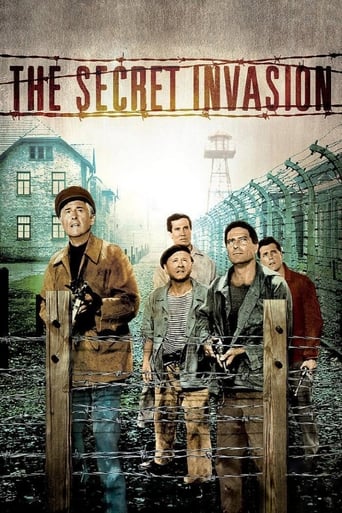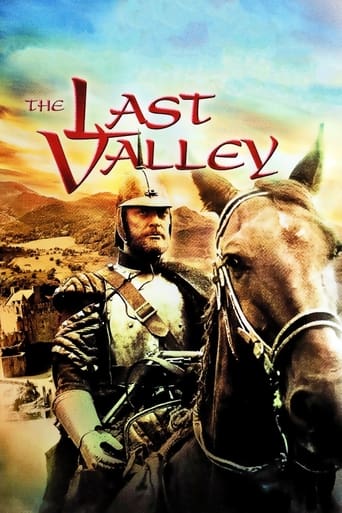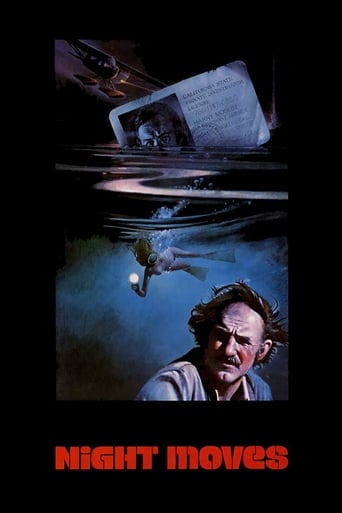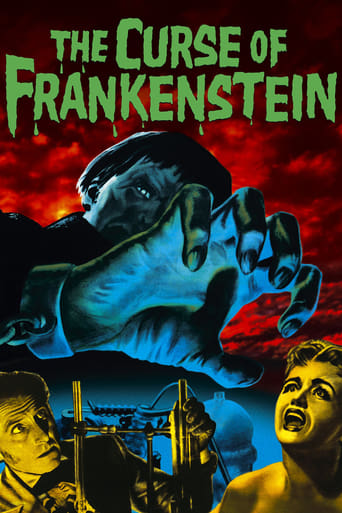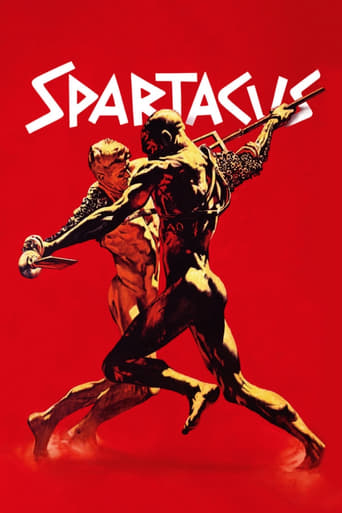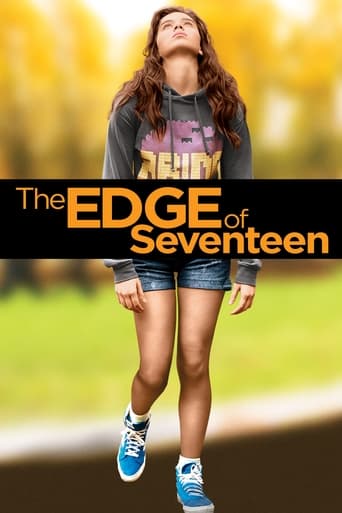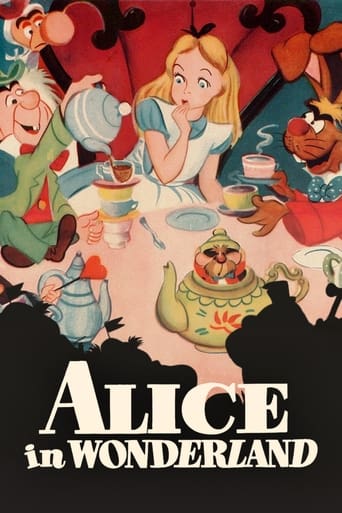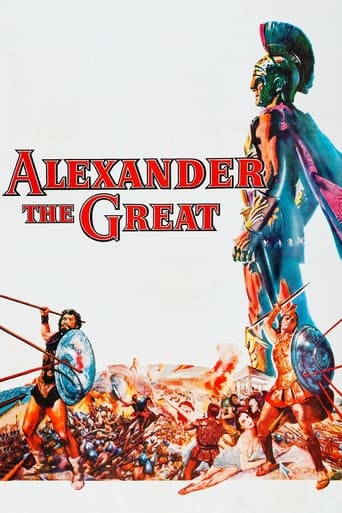


Alexander the Great
An engrossing spectacle set in the 4th-century BC, in which Alexander of Greece leads his troops forth, conquering all of the known world, in the belief that the Greek way of thinking will bring enlightenment to people. The son of the barbaric and ruthless King Philip of Macedonia, Alexander achieved glory in his short but remarkable life.
-
- Cast:
- Richard Burton , Fredric March , Claire Bloom , Barry Jones , Harry Andrews , Stanley Baker , Niall MacGinnis


Similar titles
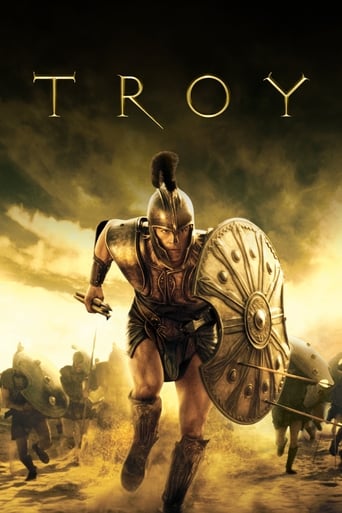

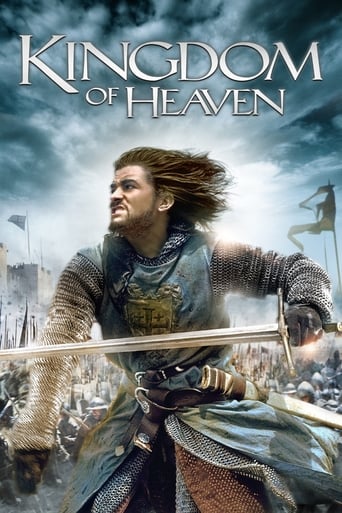
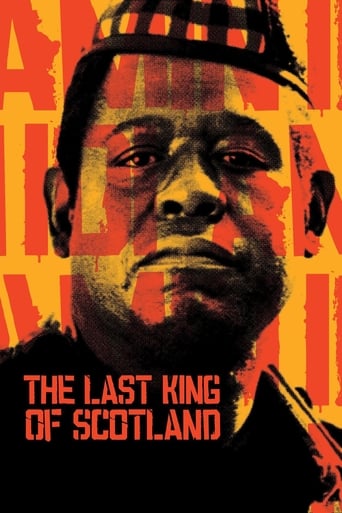
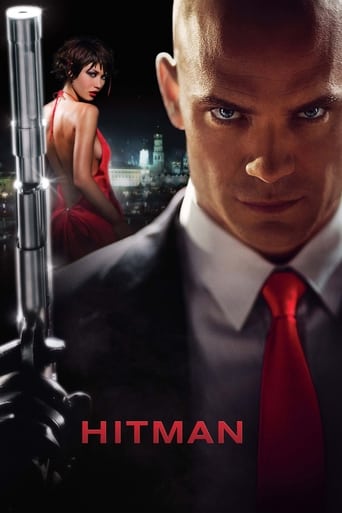
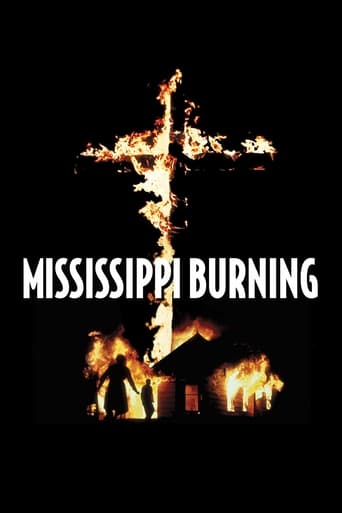
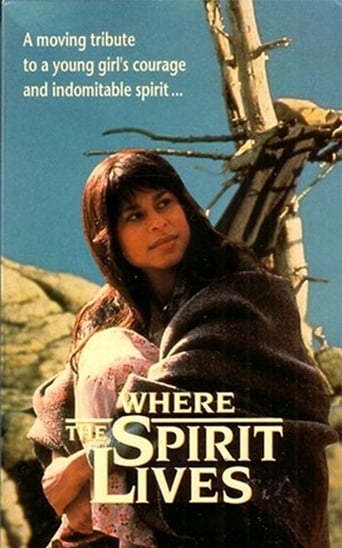
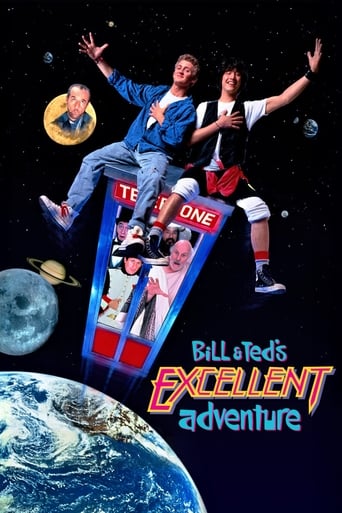
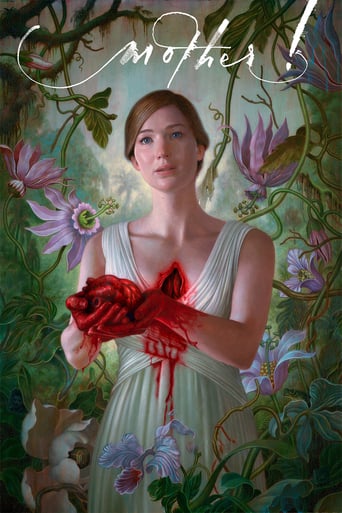
Reviews
Terrible acting, screenplay and direction.
Excellent but underrated film
It's the kind of movie you'll want to see a second time with someone who hasn't seen it yet, to remember what it was like to watch it for the first time.
Blistering performances.
"Alexander the Great" is not, by any means a great film. Let's start off there. Actually, for an "historical epic", it's really pretty boring, without much going for it.Perhaps the most moving thing about this film is Richard Burton's hair. Burton, looks to be much older than his actual 29 years of age. Fredric March wears a ridiculous looking beard, but fortunately, is killed off half way thru the picture. Claire Bloom is lovely as ever.I don't know what Robert Rossen intended with this picture, but the fight sequences are pretty boring and the script isn't interesting enough to make it a real sweeping epic (even though it is filmed in Cinemascope).In the end, "Alexander the Great" is a historical bore. Watch it until Fredric March dies, then turn it off.5 out of 10
First off, I would like to point out that if you are looking for sustained sequences of violence (which, I should note, I do like on certain movies), you will be disappointed. Next, if you are into the pusillanimity of deep character psychoanalysis, you will be disappointed. Lastly, if you are obsessive about historical accuracy, you will probably be distracted. All this said, this movie is awesome! The dialogue is excellent, not too wordy, but elevated in style, in accord with its subject. I have seen some complaints about the acting style, but I find that the acting style here fits the movies well; it reflects the 'serene grandeur' that was the Ancient World. I saw a complaint about the special effects in another review; folks, this movie was made in 1956! Besides, they handled many situations which would otherwise have required special effects quite well; an example would be the part where Alexander kills his friend Clitus towards the end. At any rate, the special effects are not cheesy enough to detract from this movie. To sum, I like this movie for the following reasons:1. The acting is not sentimental. 2. The main events of the movie are not overshadowed by the characters' personal problems/personal quirks. 3. The movie is beautifully filmed. 4. Like Classical history books, this movie does not drive the details of battles into the ground, but focuses on relationships between players and on the political and personal causes of things. 5. The dialogue and story line are concise. 6. The few sexual innuendos are tastefully handled; you can show this one to a sixth-grade history class and you might only have to forward through one part because of the dialogue, NOT nudity or suggestive behaviour.All-in-all, a great movie, and I am glad my mom got this one for me for a gift; it is a great addition to my library of movies about Ancient Rome and Greece.
Robert Rossen is one of the directors whose career was going well when the blacklist hit, and he found himself in a tailspin. After "Johnny O'Clock", "Body And Soul", and "All The King's Men" Rossen seemed headed for major directing work. Then came the blacklist. In the years of Senator McCarthy Rossen did two projects, "The Brave Bulls" and "Alexander The Great". Then he began regaining his stride with "They Came To Cordura" and finally the film we really recall him for: "The Hustler". But he left a relatively small body of movies, and we can only marvel at the less than ten titles it includes.This was (unless you count the fictional "They Came To Cordura") the only history film in his work, and it was done in Europe. In fact, of the leads, only one (Fredric March) is American. It is (like all Rossen's work) impressive to look at - he was a master at composition of figures on the screen. Look at the sequence of the assassination of Philip of Macedon. Philip leaves a crowd that remains on the outskirts and ascends steps to a temple. A figure darts out and attacks and kills him. The fate of the character (although there has been a morbidity about Philip since the film began) is re-enforced by the way death seems to reach out an knock him down. As I said, the film is very impressive to see.I stress this last scene of March's because his Philip has more going for him in the movie than it's erstwhile central figure. Alexander was his father's rival (egged on by his mother as Richard the Lion Hearted is egged on by his mother in "The Lion In Winter"). But Philip is more of a superstitious type than Henry II of England. He is aware that his son is needed as an heir to complete Philip's dream (uniting the Greek state under Macedonian sovereignty into a single power). But he is aware that the signs suggest his heir is going to be his great rival and destroyer (like the Greek Gods led by Zeus overthrew their father Chronus). March's wife, the clever and deadly Olympias (Danielle Darrieux) knows how to push March's buttons about his fears, and March finally does what Henry II threatens to do - divorce his wife and marry again - and breed new "better" sons. It seals his death warrant - Olympias will not tolerate a rival on Philip's throne.March therefore has a more interesting role than (curiously) Burton as Alexander. I know that sounds strange, but March's personal turmoil is much more interesting to consider and watch. Historically, Philip is frequently overlooked because of his son's stunning military achievements against Persia, and his empire building, but Philip actually was a clever monarch. Interestingly enough, while Alexander's body was eventually buried in a beautiful tomb in Alexandria, Egypt, the tomb has not been found by archaeologists. But twenty years ago Philip's remains were found in Macedonia. Philip, in a sense, has survived his son.After March leaves the scene, Burton becomes the center of attention - his role in taking over Greece rapidly replaced by his role in bringing down the old Persian Empire of Cyrus, Darius I, and Xerxes (see "The Three Hundred Spartans"). Possibly too much is by-passed - the heroic attempts of the last great democrat of Athens, Demosthenes (Michael Hordern), to stop this juggernaut threatening Greeks's city states, is seen too quickly. The confrontation with Darius III (Harry Andrews) is handled too quickly too - not quite the monarch his ancestors who invaded Greece were, his defeat and death are tragic and deserving of deeper plumbing. Rossen decides to concentrate on Alexander and his role of building that empire that stretched from the Nile to the Ganges - one of history's most astounding military achievements. Certain quasi-legendary events are shown - the cutting of the "Gordian Knot" for example. The corrupting influence of the growth of Alexander's power is shown too, up to his premature death. He was an "aged" 33 when he left the scene.What would he have done if he lived into old age? Would he have noticed on the western boundaries of his empire those two peculiar states, Carthage and Rome? His relations with the Jews in Jerusalem and the Holy Land were quite good (for a change the Jews realized it would make sense not to fight such a powerful invader - in fact to this day Jewish families live up to an agreement with the Greeks to allow their sons, occasionally, to bear the name of "Alexander", the one non-Jewish name allowed). Would Alexander have used Greek culture to unify the entire ancient world? Or would the relative decadence of the Persian world have undermined his plans? A ten year reign some twenty three hundred years ago that is still remembered, is astounding. But where would it have ended?
Alexander the Great set out with an army in 334 BC to conquer the world and had just about conquered double what was known of western civilization at the time. Had he not died at the age of 33 touching on the borders of current India, who knows what might have happened.Richard Burton with years of classical training behind him plays Alexander as the charismatic prince of Macedonia who arouses both the admiration and jealousy of his father Philip played by Fredric March.The relationship between Philip and Alexander is what drives the film. The problems between them are not to unusual to more modern monarchies. The crown prince is always a rival source of power, by dint of his position he gets his own personal followers and that is always of concerned to the king.In addition Philip is in doubt about his kid's paternity, doubt encouraged by his wife Danielle Darrieux, sick and tired of his infidelities.As played by March, Philip is a parvenu, leading a warrior state and a man of little learning. He remedies that for his son by getting the best teacher around for him in Aristotle, played by Barry Jones. Aristotle gives Alexander the culture that Philip lacks and instills in him a belief of the superiority of Greek Culture against the rest of the world and it was his duty to spread it. Doesn't that ever sound familiar.When Philip is assassinated, Alexander succeeds him and after securing the backing of the seven leading cities of Greece he moves east and south in an expedition of conquest. Burton's performance is grand because in his speech and in his closeups you see all the various forces at work in Alexander, the idealism, the egoism, the arrogance, it's all there in various mixtures at any given time of the film.The open homosexuality that characterized the production of Alexander in 2005 is not present in this film. The film does show Alexander's associates to be male which was not uncommon in Greek society back in the day and that women were there to breed, nothing more. Of course they were something more in terms of their own agendas as Danielle Darrieux plainly shows. Might be a good idea to view both films back to back and see just how The Code affected productions back in 1956.


